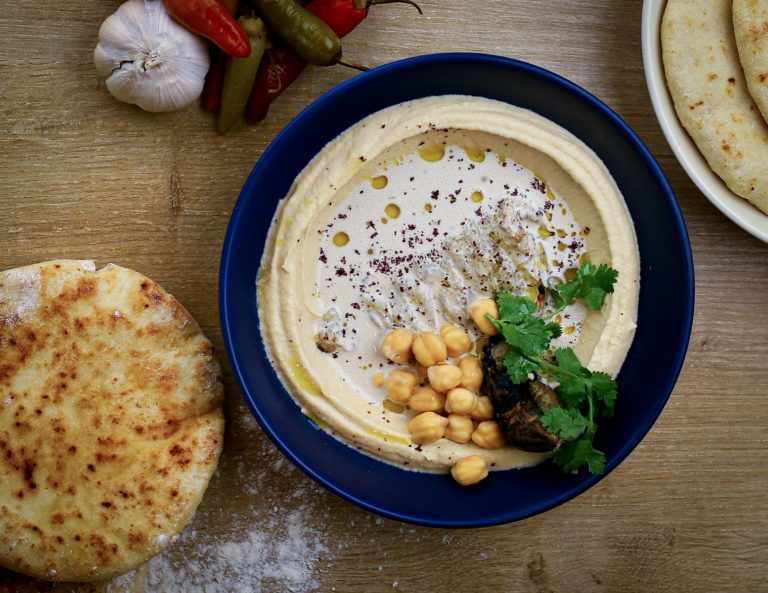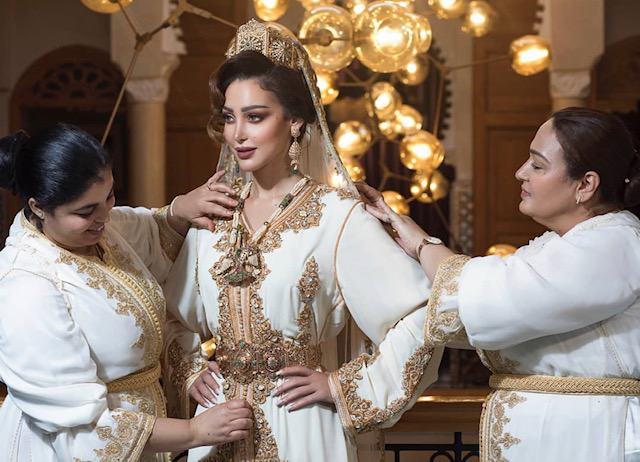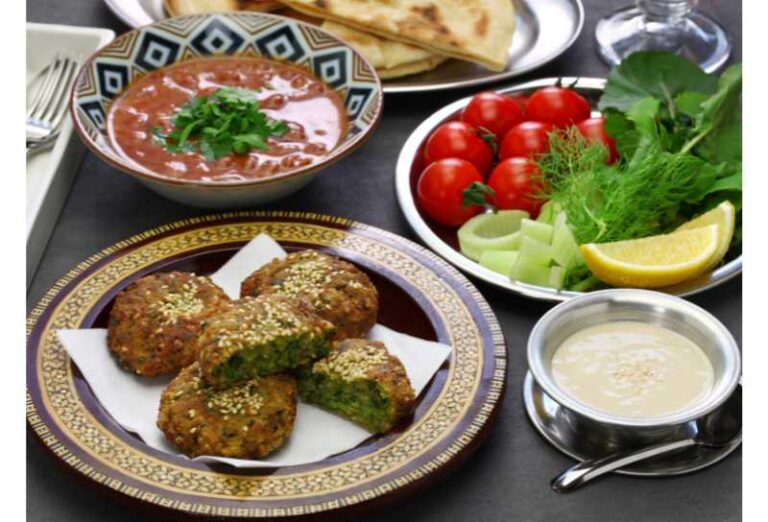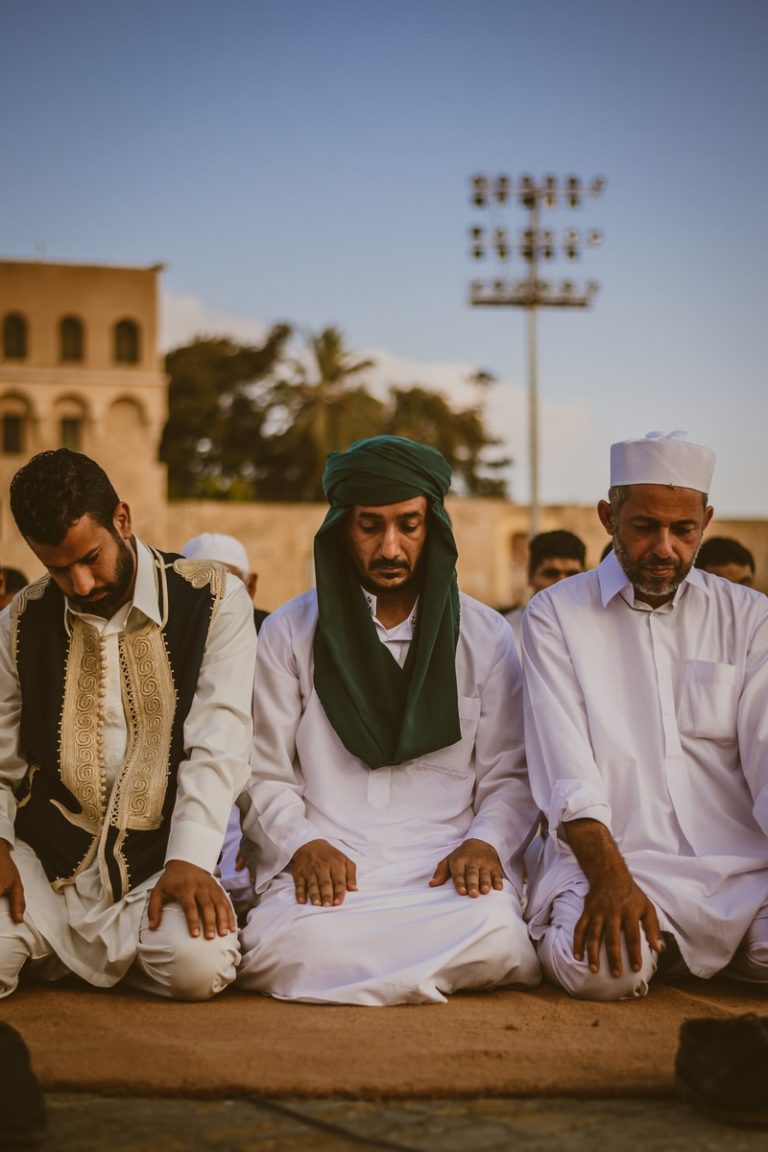The Best Arab Singers: Celebrating the Icons of Arab Music
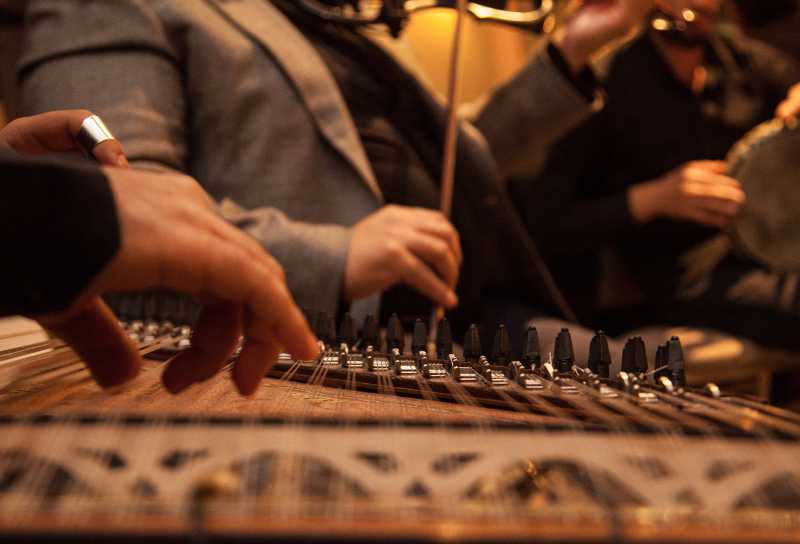
Arab music is renowned for its beauty, passion, and cultural significance. Throughout history, numerous artists have left an indelible mark on the industry, captivating audiences with their powerful voices and heartfelt performances.
In this article, we delve into the world of Arab music to explore the achievements and influence of some of the top Arab singers.
Table of Contents
Umm Kulthum – The Diva of Egypt :
No discussion of Arab music would be complete without mentioning Umm Kulthum. Hailing from Egypt, she captivated audiences with her mesmerizing voice and soul-stirring performances.
Her mastery of Maqam (Arabic musical scales) and ability to convey profound emotions made her a legend.
Songs like “Enta Omri” and “Al-Atlal” continue to resonate with listeners worldwide, cementing Umm Kulthum’s status as the Diva of Arabic music.
Fairuz – The Voice of Lebanon:
Fairuz, often referred to as the “Ambassador of Arab Music,” holds a special place in the hearts of millions. With her enchanting voice and emotive performances, she has become an icon of Lebanese music.
Fairuz’s timeless classics like “Kifak Inta” and “Zahrat Al Madaen” have transcended generations, evoking nostalgia and pride in Arab culture
Abdel Halim Hafez – The Romantic Crooner :
Abdel Halim Hafez, often called the “Dark Nightingale,” possessed a voice that could melt hearts.
This Egyptian singer’s velvety tones and emotional delivery made him a symbol of romance.
His unforgettable hits like “Ahwak” and “Gana El Hawa” showcased his versatility and left an enduring impact on Arab music.
Mohammed Abd El-Wahhab
Mohammed Abd El-Wahhab, the revered “Maestro of Arab Music,” made a profound impact on the Arab music scene as a composer, singer, and actor.
Born in Egypt, his illustrious career spanned decades and played a pivotal role in the evolution of Arab music.
His compositions were renowned for their melodic richness, deep lyrical content, and versatility.
Collaborating with esteemed singers like Umm Kulthum, he created timeless classics such as “Zay El Hawa” and “Lessa Faker,” blending traditional Arabic music with innovative elements.
Beyond his compositional genius, Abd El-Wahhab possessed a captivating voice, imbuing his performances with emotional depth and resonance.
His influence extended beyond his own artistry as he mentored and nurtured numerous talented artists, leaving behind an enduring legacy as an inspiration to future generations of musicians.
Mohammed Abd El-Wahhab’s contributions have forever shaped the landscape of Arab music, solidifying his position as a true maestro.
Farid Al-Atrash
Farid Al-Atrash, born in Syria and of Lebanese and Egyptian heritage, is celebrated as one of the most influential figures in Arab music.
His mesmerizing performances on the oud, a traditional Middle Eastern instrument, earned him the title of “The Oud Virtuoso.”
Farid Al-Atrash’s music transcends boundaries, blending Western musical influences with traditional Arabic melodies, resulting in a unique and captivating sound.
With his velvety voice and charismatic stage presence, Farid Al-Atrash captivated audiences worldwide.
His songs, such as “Awel Hamsa” and “Gana El Hawa,” are characterized by their emotional depth and poetic lyrics, reflecting love, longing, and the joys and sorrows of life.
Farid Al-Atrash’s musical legacy continues to inspire generations of artists, and his influence on Arab music remains immeasurable.
Kazem Al Saher – The Iraqi Maestro :
Known as the “Caesar of Arabic Song,” Kazem Al Saher has enchanted audiences worldwide with his powerful voice and poetic lyrics.
Hailing from Iraq, he combines traditional Iraqi melodies with contemporary influences, creating a unique sound.
With songs like “Zidini Ishqan” and “Ahibini,” Al Saher has become a living legend, earning him a devoted fan base.
Nancy Ajram – The Lebanese Pop Sensation :
Nancy Ajram’s rise to fame marked a new era in Arab pop music. With her catchy tunes, energetic performances, and youthful charm, she quickly became a favorite among the younger generation.
Hits like “Akhasmak Ah” and “Ah W Noss” propelled her to stardom, making her one of the most successful Arab artists of her time.
Amr Diab – The Egyptian Superstar :
Amr Diab’s illustrious career spans over three decades, earning him the title of the “Father of Mediterranean Music.”
With his infectious rhythms and charismatic stage presence, Diab has garnered a massive fan base worldwide.
Songs like “Nour El Ain” and “Tamally Maak” have become international hits, solidifying his status as an Arab music icon.
Warda Al-Jazairia – The Algerian Rose :
Warda Al-Jazairia, known as the “Algerian Rose,” left an indelible mark on the Arab music scene.
Her rich, velvety voice and heartfelt performances made her a beloved figure throughout the Arab world.
With her powerful ballads and patriotic anthems like “Batwanis Beek” and “Harramt Ahebbak,” Warda Al-Jazairia became a symbol of resilience and love for her Algerian heritage.
Samira Said – The Moroccan Star :
Samira Said’s magnetic presence and versatile voice have made her one of the leading figures in Arab music.
Hailing from Morocco, she has seamlessly blended traditional Moroccan melodies with contemporary sounds.
Songs like “Aweeny Beek” and “Youm Wara Youm” showcase her ability to captivate audiences with her unique style and energetic performances.
Majida El Roumi – The Voice of Compassion :
Majida El Roumi is known for her angelic voice and heartfelt performances that touch the depths of the soul.
This Lebanese singer has been hailed as the “Voice of Compassion” due to her emotionally charged ballads and dedication to humanitarian causes.
Songs like “Kalimat” and “Ghazal” have become anthems of love and hope, solidifying her status as a beloved Arab singer.
Mohammed Assaf – The Palestinian Idol:
Mohammed Assaf’s journey from a refugee camp in Gaza to becoming a celebrated Arab artist has inspired millions around the world.
Winning the title of “Arab Idol” in 2013, Assaf’s powerful voice and charismatic presence have resonated with audiences.
His songs, including “Ali Keffiyeh” and “Ya Halali Ya Mali,” reflect the struggles and aspirations of the Palestinian people, making him a symbol of hope and resilience.
Conclusion :
The world of Arab music is rich and diverse, with countless talented artists who have made significant contributions.
From the legendary voices of Fairuz and Umm Kulthum to the contemporary pop sensations like Nancy Ajram and Amr Diab, each artist brings a unique flavor to the Arab music landscape.
Their ability to touch hearts, preserve cultural heritage, and inspire generations is a testament to the timeless power of Arab music.
As we celebrate these top Arab singers, let their voices continue to echo through the years, uniting us in the beauty and universality of music.


